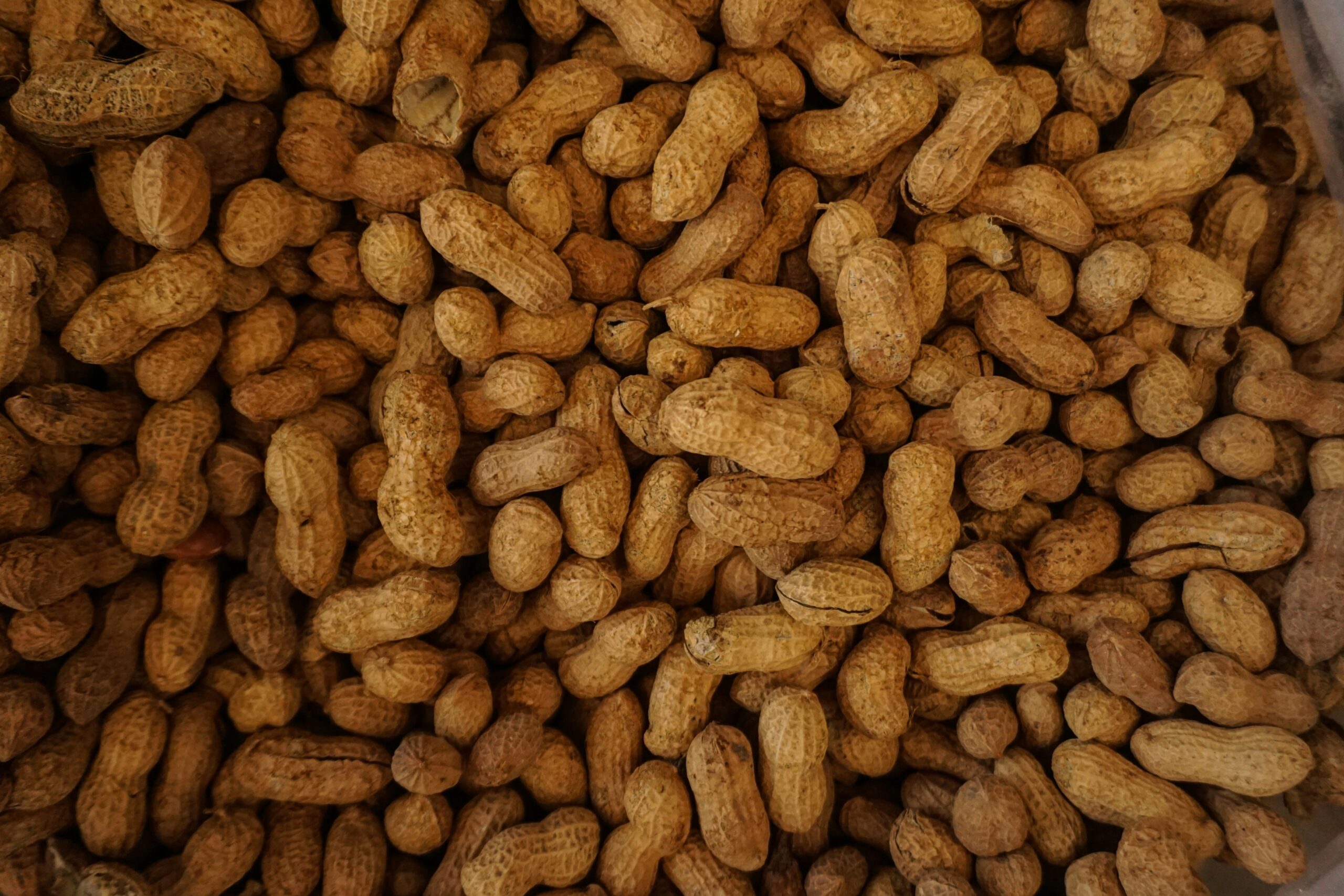Peanut allergies lessened in children

Feeding kids peanuts early in childhood can drastically reduce their risk of developing a peanut allergy, a new clinical trial reports. Peanuts are one of the nine major food allergens that cause the most serious allergic reactions. More than 6.1 million people in the United States have a peanut allergy. It’s the most common allergy among children. Approximately 200,000 people a year in the United States land in the emergency room due to a food allergy reaction, such as anaphylaxis.
More than 40 per cent of children with food allergies have experienced a severe allergic reaction.
Children who are regularly fed peanut products from infancy to age five had a 71 per cent lower rate of peanut allergies by the time they reached their teen years, researchers reported 28 May in the New England Journal of Medicine. The study “should reinforce parents’ and caregivers’ confidence that feeding their young children peanut products beginning in infancy according to established guidelines can provide lasting protection from peanut allergy,” said Dr Jeane Marrazzo, Director of the National Institute of Allergy and Infectious Diseases (NIAID). “If widely implemented, this safe, simple strategy could prevent tens of thousands of cases of peanut allergy among the 3.6 million children born in the United States each year,” Marrazzo said in a NIAID news release.
For the study, researchers tracked more than 500 kids who had earlier participated in a clinical trial to test exposure to peanut as a means of warding off peanut allergy. Half of the kids regularly consumed peanuts from infancy, while the other half avoided peanuts. Early introduction of peanut into their diets reduced kids’ risk of peanut allergy by 81 per cent at age five, researchers found.
This new study followed up on those findings by tracking the kids into adolescence, with an average age of 13.The researchers found that more than 15 per cent of kids who avoided peanuts in infancy now had a peanut allergy, compared to more than four per cent from the kids exposed to peanuts from an early age.
Researchers found that kids in the peanut exposure group did not always consistently eat peanuts, and even had some periods where they weren’t eating any peanut products. This shows that the protective effect of early peanut consumption holds up over time, without the need to reinforce it by continuing to eat peanuts consistently through childhood and adolescence, researchers said.






